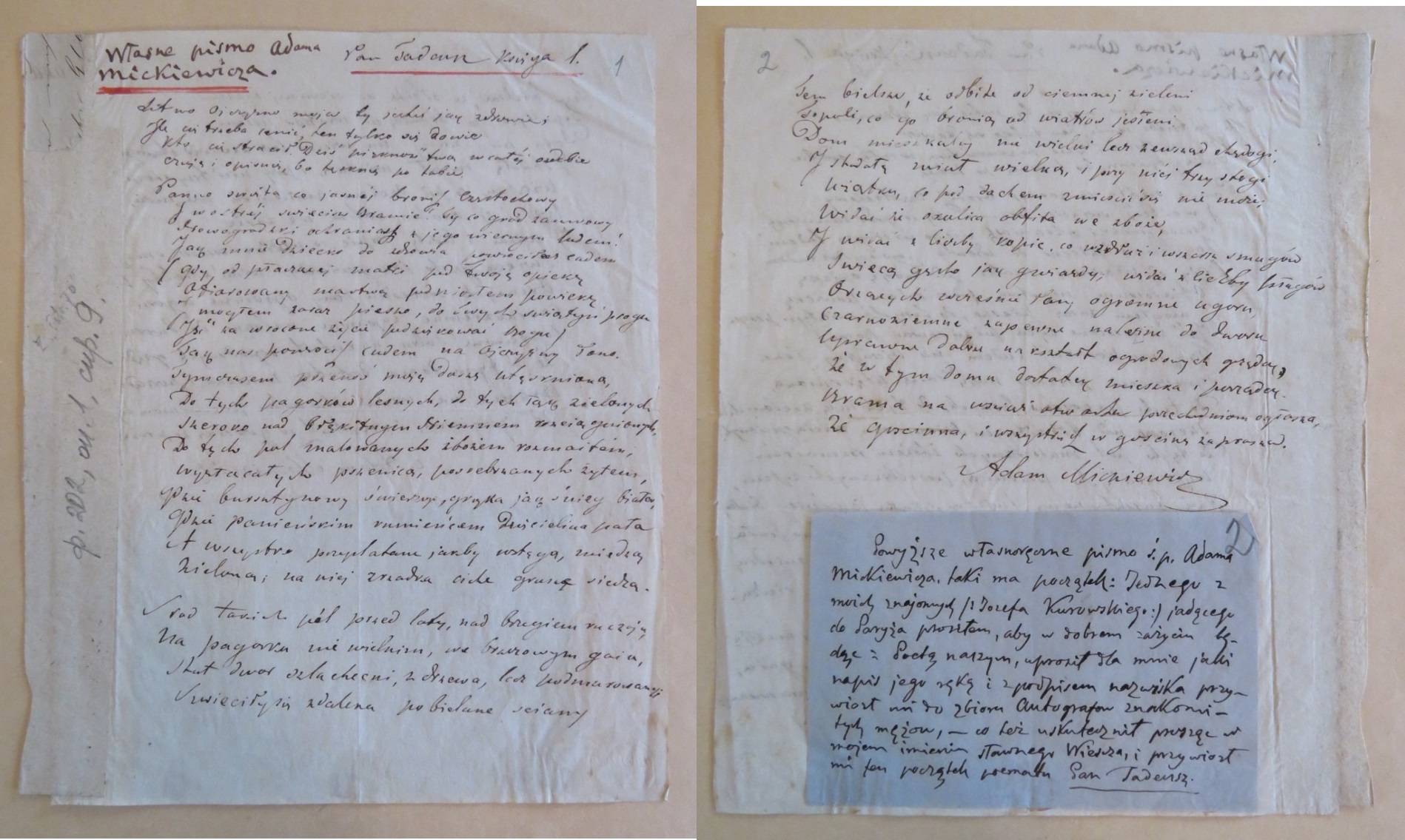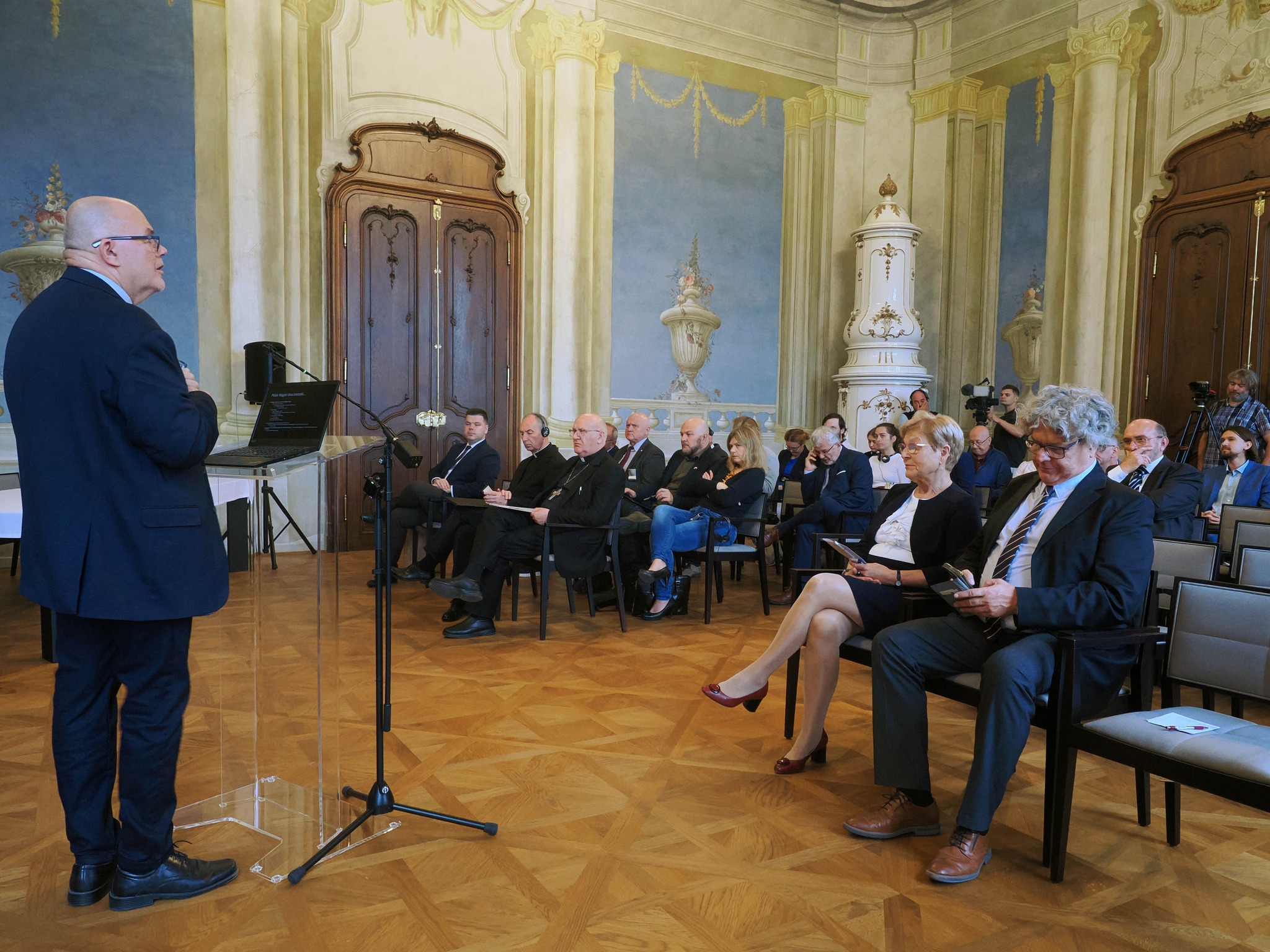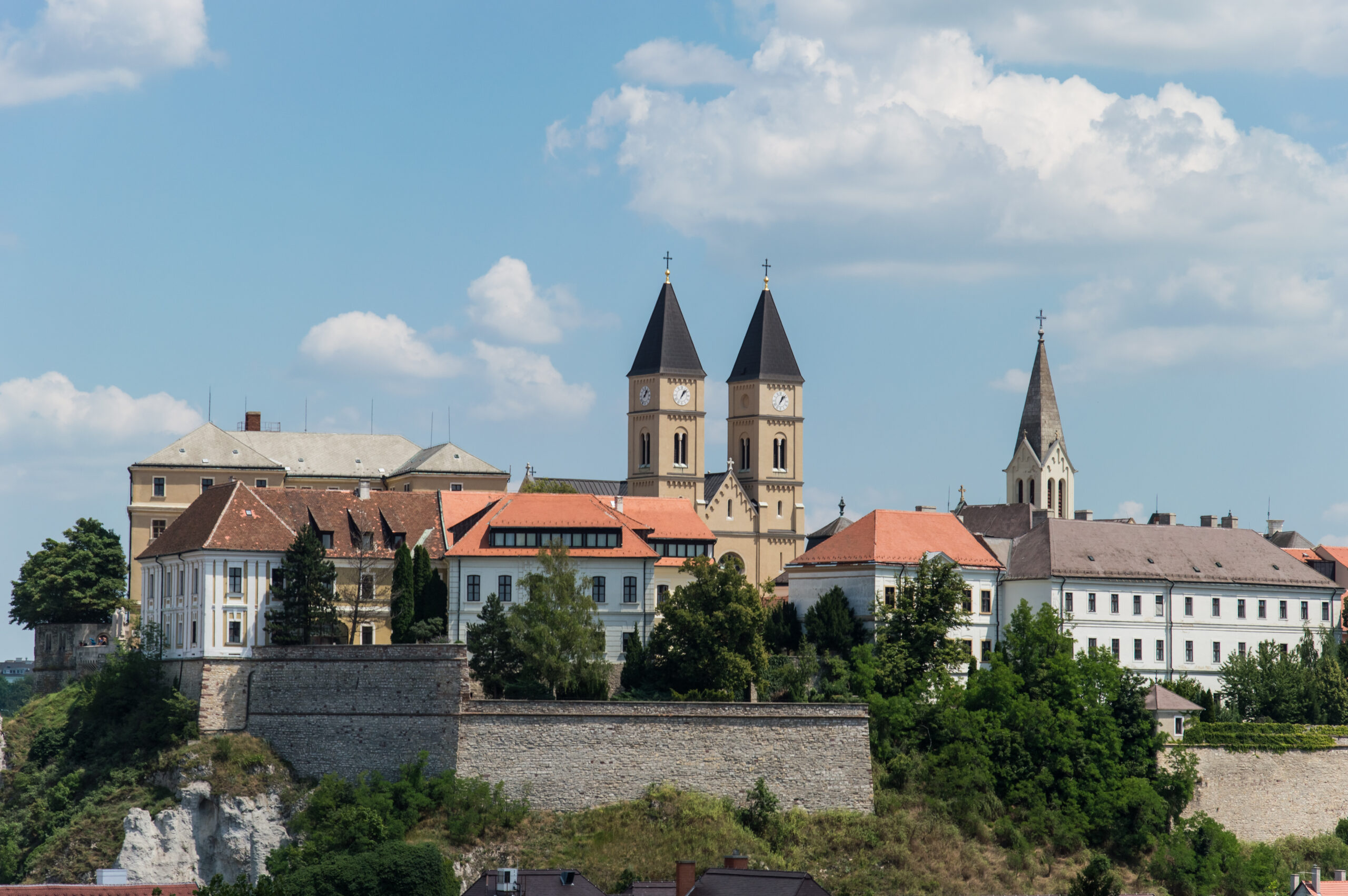‘For the strenghtening of hearts’ – Polish literature remembering and being remembered – Pan Tadeusz Museum, Wrocław’s Main Square
Fact of the Polish figure „The Battle of Maciejowice – Maciejowice”
Part of the „The myth of national disaster” topic
Through the era of partitions (1795-1918), several generations of Polish writers, representing successive aesthetic and intellectual currents, worked tirelessly to remind their compatriots about their language and heritage, as well as bring hope for the restoration of their independence. To mention just two, that would romantic poet Adam Mickiewicz (1798-1855), whose Pan Tadeusz, depicting relics of the pre-partition life and culture, is considered Polish national epic, and Henryk Sienkiewicz (1846-1916), a writer of Polish Positivism, author of numerous historical novels. Nothing summarize the purpose of those texts better than the final sentence in Sienkiewicz’s famous trilogy (consisting of books: With Fire and Sword, The Deluge and Fire in the Steppe) – that they were written ‘for the strengthening of hearts’ (‘ku pokrzepieniu serc’). That writer is especially important due to his international recognition – in 1905 , he received a Nobel Prize in Literature in honor of his oeuvre. Works of those and many other creators of culture are still discussed and read in Polish schools. Adaptation of Sienkiewicz’s Ogniem i mieczem (With Fire and Sword) from 1999 remains most viewed film in Polish cinemas after the decline of the communist regime to this day, while Mickewicz’s Pan Tadeusz received in 2016 its own museum in Wrocław’s Main Square.






